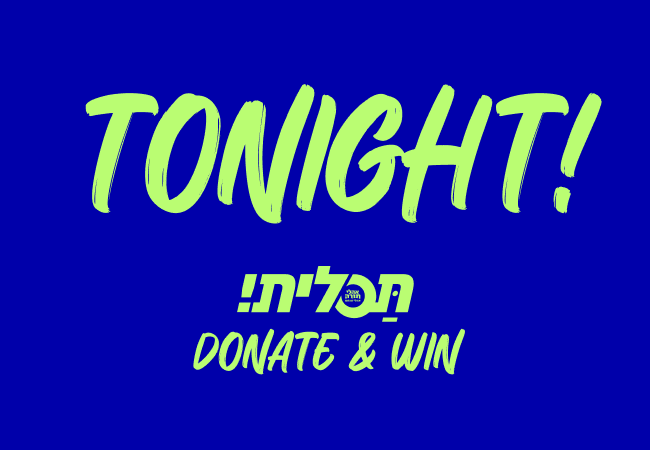
Chabad Lights a Fire Under Chanukah
The Lubavitch Jewish Center of Alaska traditionally hosts an art show to celebrate Hanukkah. This year, however, Rabbi Joseph Greenberg wanted to go bigger.
So on Tuesday, the first night of the holiday, the center will present Cirque de Hanukkah. A troupe of professional acrobats is flying into Anchorage to perform feats including using their bodies to create a living menorah—the traditional candelabra lighted during the eight nights of the holiday. There will be carnival games, and kids will be invited to take whacks at a piñata shaped like a dreidel.
“I know it’s not directly Hanukkah-ish, but we’re going to make it Hanukkah-ish,” Rabbi Greenberg says. Any congregation that hopes to stay relevant to modern American Jews “has to do a big Hanukkah,” he adds. “That’s the key.”
For years, many American Jews have treated Hanukkah as a low-key holiday celebration, giving children gifts, inviting friends over to light the menorah and decorating with blue-and-white lights. But now, all across the nation, Hanukkah celebrations have shifted into overdrive.
Young adults are hosting “vodka and latkes” parties where the alcohol is served along with traditional potato pancakes. Hip-to-Hanukkah musicians are updating the holiday’s slim repertoire of songs in genres like heavy metal, reggae, hip-hop and rap.
Even the stodgy dreidel, the little wooden top which children traditionally spin for chocolate coins at Hanukkah, has gotten an update. An outfit called Major League Dreidel sponsors spinning tournaments across the country, held on game boards called, of course, Spinagogues.
All this would make Rabbi Benjamin Blech weep, except, he says, “it is almost hysterically funny.”
Rabbi Blech, who teaches Talmud at Yeshiva University in New York, says Hanukkah commemorates a clash in about 165 B.C. between a pious Jewish community and the rather raucous Greeks who had conquered much of the Middle East. The Jewish group, led by the ragtag Maccabee army, beat back the Hellenist hedonists. Then they purified a defiled temple by lighting a sacred flame—which miraculously remained lighted for eight days, though there was only enough oil for one night.
Hanukkah should be about Jews standing proudly apart from mainstream culture, resisting frivolity and assimilation, Rabbi Blech argues. For Jews today to celebrate Hanukkah with carnivals, rowdy parties—even piles of presents—“means not only losing the rationale for the holiday, but distorting it in a very dangerous way,” he says.
Hanukkah is actually a minor holiday on the Jewish religious calendar. But enterprising entrepreneurs have long seen its potential.
Back in the 1870s, when x-mas was just starting to come into its own as a mass-market cultural phenomenon in the U.S., two Cincinnati rabbis looking for a way to cheer up Jewish kids who felt left out—and bring more young families into synagogue—launched the first big Hanukkah festivals, with games, music and plenty of good food. The concept was wildly popular and soon spread across the country, says Dianne Ashton, a religious scholar and author of the coming book “Hanukkah in America.”
Today’s Hanukkah promoters share the goals of the Cincinnati rabbis: Making the winter season fun for Santa-deprived kids; giving Jews a reason to reconnect; and boosting the holiday’s profile among the general public.
So Jews in Metairie, La., will celebrate this year with Chabad’s “latkes on roller skates” party at a skating rink. In Dallas, Rabbi Zvi Drizin has requested approval from the Federal Aviation Administration to fashion a celestial-scale menorah by beaming searchlights into the night sky on each night of the holiday.
















ch cynic
I read the artice in the WSJ, which incidentally, made it to the front page. There is something in the article which is left out in this version, regarding 2 performers that arent exactly Kosher.
While I dont have an issue with CH.info editing it out, Rabbis and Shluchim need to be careful when speaking to the press in terms of what kind of context they will be presenting their interview. The proximity of the Rabbis party and these ‘performers’ made it appear as if the 2 were one and the same and even sponsored by the same organization.
most effective Shaliach
You go Rabbi Zvi, best Shaliach
go Yoske!!!!!!!!
your niece :-)